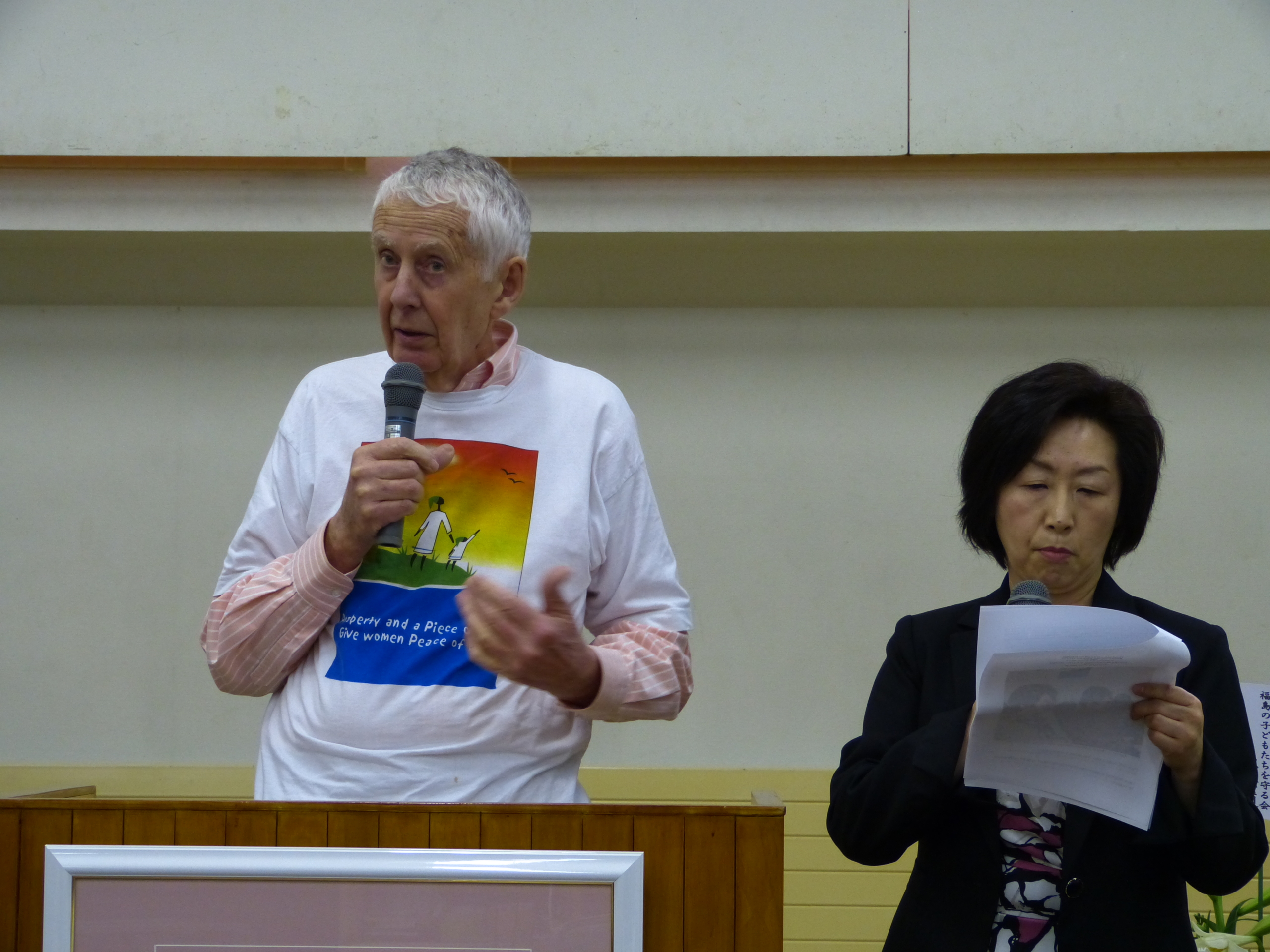“Land Grabbing” film screening
Jim Grabham
27 March 2017
/
- 0 Comments
On 10th March at Wolfson College in Oxford, Mokoro screened “Land Grabbing”, a film by Kurt Langbein and Christian Bruser. This beautifully shot film follows incidences of land grabbing from the perspective of multinational corporations, private investors, politicians and affected communities. Director Kurt Langbein was able to attend the screening and shed more light on his experiences related to land grabs, including how indigenous people are struggling to protect their land held under customary tenure from corrupt governments and powerful investors.
The issue of land grabbing has a long history but the film focuses on the recent surge of interest in large land deals, which began after the global financial crisis in 2008. Politicians globally recognised that climate change and population increase would lead to severe food shortages in the near future. The solution to these enormous challenges was thought to be large-scale farms, which could draw on an abundance of land and labour in developing countries and highly advanced agricultural technologies supplied by investors to produce large yields from limited natural resources. Large governance institutions such as the EU began to introduce incentives for developing countries to offer large swathes of land to agricultural investors. This form of trade was promoted as a means to help alleviate poverty in host countries through employment, mechanisation and better access to global markets. “Land Grabbing” uncovers none of these benefits but instead documents the repeated abuses of indigenous rural communities and the immoral actions of more powerful stakeholders.
The film transitions through numerous countries covering a multitude of stakeholders, from sugar plantations in Cambodia, fruit and vegetable greenhouses in Ethiopia, to a plush office in one of Kuala Lumpur’s skyscrapers, to the European Parliament in Brussels. The film, which seemed to have obtained access to all the stakeholders involved in land grabs, does not explicitly indicate who, specifically, is to blame for what it uncovered but emphasises that there are failings across the board. Politicians in Brussels, with good intentions or not, have designed ill-conceived schemes to kick-start a proliferation of large-scale land deals without understanding the consequences for local communities. Investors are rarely coy about their actions; they are presented with tantalizing business opportunities and are able to ignore the consequences of their highly questionable operations because they conform to the lenient legislation that currently governs land investments both domestically and internationally. Meanwhile host governments are blighted by a combination of corruption and being unable to resist the influence of very powerful international businesses.
These businesses are guilty of gross incompetency and injustice, which has had pervasive impacts on local communities. The film powerfully captures how the communities in the examples shown in Sierra Leone, Cambodia, Romania and Ethiopia have been deceived, cheated and discriminated against in favour of large-scale farming projects. Furthermore, the communities have only limited means to protest against domestic governments that refuse to recognise their plight and huge multinationals that can employ large security and legal teams to fight their battles with local people. The reality for displaced families is that land grabs destroy their economic livelihoods and sometimes even their homes. Whilst the film looks at several different countries and different crops that are grown, the challenges facing indigenous people are easily recognisable and comparable in the different places. Health concerns associated with pesticides, unfair working conditions, environmental destruction, no or very little compensation for land acquisitions are all issues that come up repeatedly, painting an extremely bleak picture.
This was a powerful film which succeeded in shocking our audience, even those who are land specialists with decades of experience in the sector. We would like to thank all those who came to the film screening and encourage anyone who was not able to attend to watch this important film. Information on where it can be viewed is available on the “Land Grabbing” website here. We would also like to sincerely thank Kurt for coming to Oxford all the way from his native Austria to answer our audience’s questions and speak about the film’s production.
You must be logged in to post a comment.



